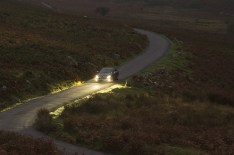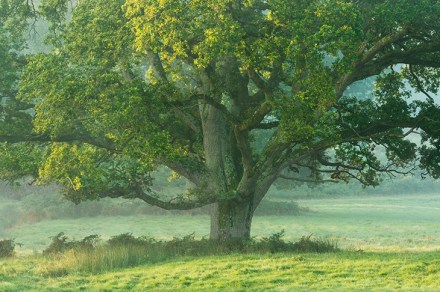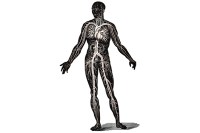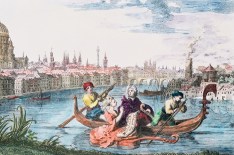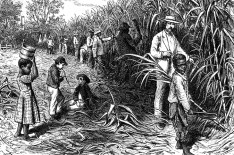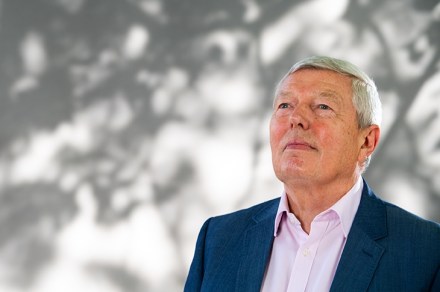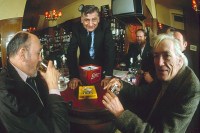Top of the Christmas lists
The ‘gift books’ are out again, piled high in Waterstones, books that have only one reason to exist: to be given to people who don’t want them on Christmas Day. Having written one or two myself, I have seen the look on the faces of potential purchasers as they pick one up and leaf idly through its well-crafted pages. The look that says: whose Yuletide can we ruin with this? As ever, happily, there are a few genuinely decent books in among all the drivel and nonsense and tired jokes about Brexit and Donald Trump. The Spectator’s own Mark Mason is a long-serving truffler of trivial facts, which he often









